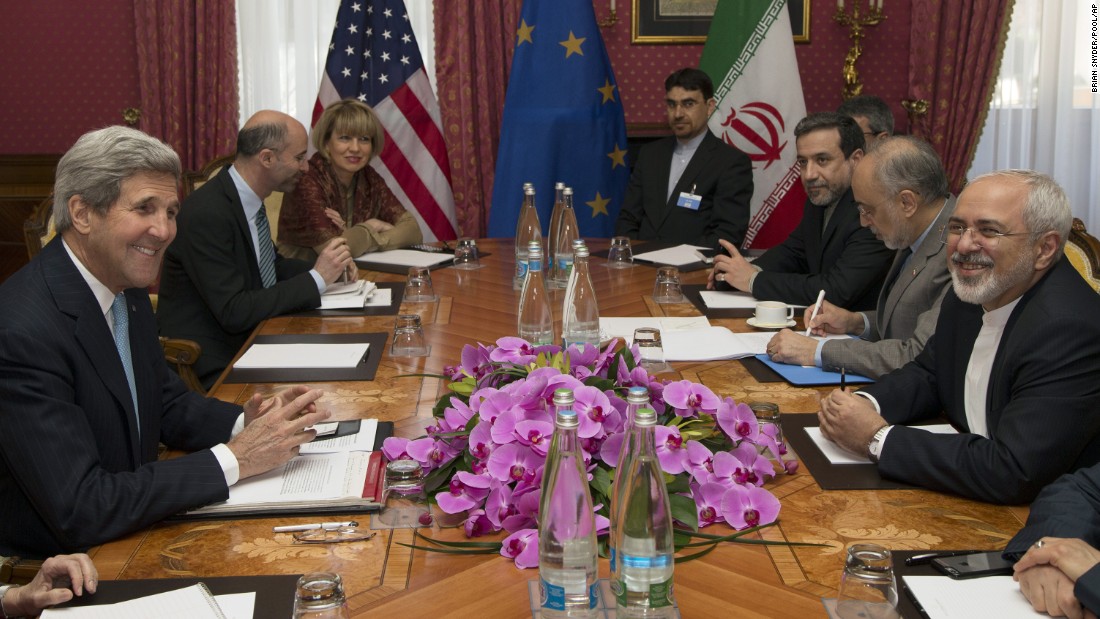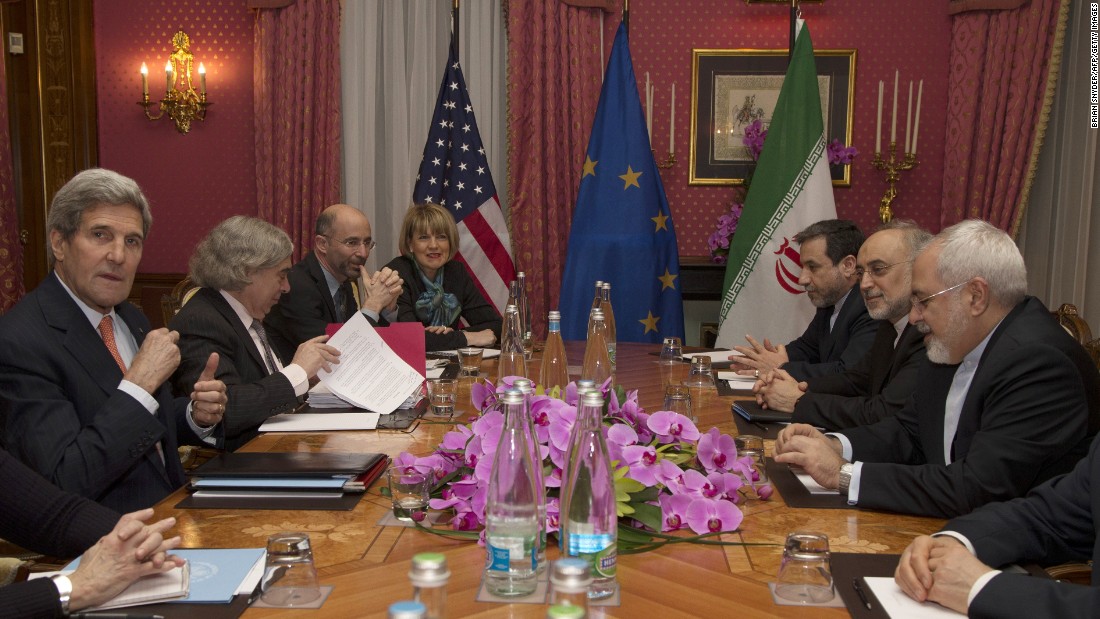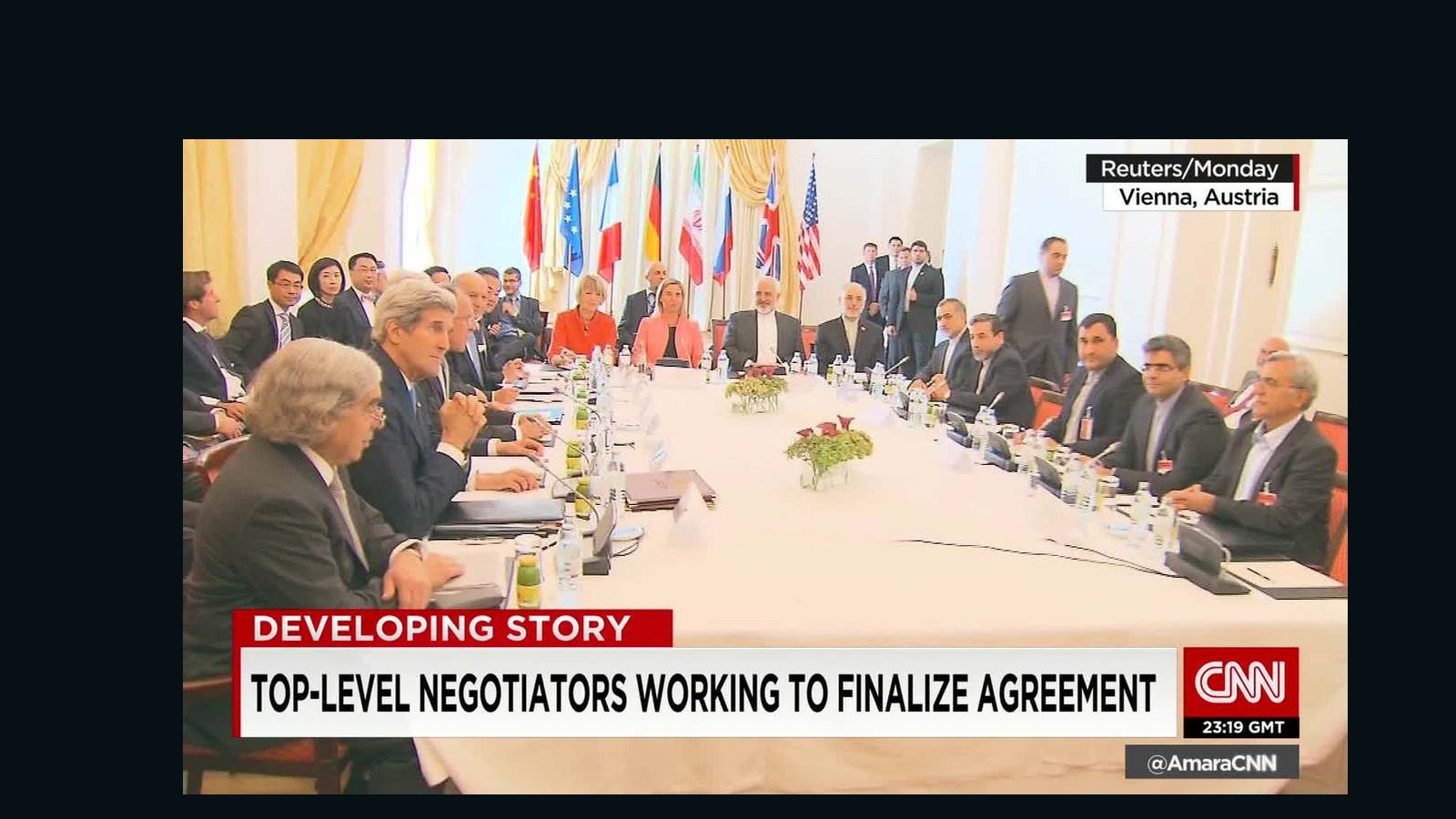Iran has officially kicked off nuclear talks with key global allies, marking a significant moment in international relations. This development sends ripples across the geopolitical landscape, as the world watches closely to see how these discussions unfold. With tensions high and stakes even higher, the nuclear talks could reshape alliances and redefine security frameworks in the Middle East and beyond.
It’s no secret that Iran’s nuclear program has been a hot-button issue for years. From sanctions to diplomatic spats, the country has faced immense pressure on the global stage. But now, with a fresh round of negotiations underway, there’s hope—albeit cautious—that a breakthrough might be within reach. This isn’t just about diplomacy; it’s about trust, compromise, and finding common ground in an increasingly polarized world.
As we dive deeper into this topic, you’ll discover why these talks matter, who the key players are, and what potential outcomes could mean for both Iran and its allies. Buckle up because this story is far from over, and every twist and turn could have lasting implications for global peace and stability.
Read also:Hd4hub Movie Your Ultimate Destination For Cinematic Bliss
Why Are These Nuclear Talks So Important?
Let’s break it down real quick. The nuclear talks between Iran and its allies aren’t just some random meeting—they’re a critical opportunity to address one of the most pressing issues in modern history. Here’s why:
- Global Security: A successful agreement could prevent the proliferation of nuclear weapons, which is a top priority for many nations.
- Economic Implications: Sanctions have crippled Iran’s economy, but lifting them through negotiation could boost trade and investment in the region.
- Regional Stability: Tensions in the Middle East have been escalating, and a peaceful resolution could ease hostilities and promote cooperation.
These talks aren’t just about Iran—they’re about the world as a whole. Every decision made here could have ripple effects that touch every corner of the globe.
The Key Players Involved
So, who exactly is sitting at the table? Well, it’s not just Iran alone. Several major powers are involved, each bringing their own agenda to the table. Here’s a quick rundown:
- Iran: The primary focus of the talks, hoping to lift crippling sanctions while ensuring its sovereignty.
- United States: A critical player, despite pulling out of the previous agreement under the Trump administration.
- European Union: Acting as a mediator and pushing for a comprehensive deal.
- Russia & China: Supporting Iran but also looking to protect their own interests in the region.
Each of these players brings something unique to the table, making the negotiations both complex and fascinating.
Iran’s Nuclear Program: A Brief History
To truly understand the significance of these talks, you need to know where we’ve been. Iran’s nuclear program has been a point of contention since the early 2000s. Initially cloaked in secrecy, it eventually came to light, sparking international outrage and leading to the 2015 Joint Comprehensive Plan of Action (JCPOA). But when the U.S. pulled out in 2018, things took a turn for the worse.
Now, with renewed efforts to revive the JCPOA, there’s hope that history won’t repeat itself. But history also teaches us that trust is hard to rebuild once broken.
Read also:Tamil Blasters The Ultimate Guide To Understanding The Phenomenon
What’s on the Table This Time Around?
This time, the stakes are higher than ever. Both sides are bringing new proposals to the table, hoping to strike a balance that satisfies everyone. Some of the key topics include:
- Lifting Sanctions: Iran wants sanctions lifted immediately, while others argue for a phased approach.
- Verification Measures: Ensuring compliance with any new agreement is crucial, but how far should inspections go?
- Regional Security: Addressing concerns from neighboring countries about Iran’s influence in the region.
It’s a delicate dance, and one misstep could derail everything. But if they can find common ground, the benefits could be enormous.
Challenges Facing the Talks
Of course, it’s not all sunshine and rainbows. There are several hurdles standing in the way of a successful agreement:
- Trust Issues: Years of broken promises have left deep scars that won’t heal overnight.
- Domestic Politics: Both Iran and the U.S. face internal pressure that could complicate negotiations.
- External Interference: Other countries with vested interests in the region may try to sway the outcome.
Overcoming these challenges won’t be easy, but it’s not impossible either. It just requires patience, perseverance, and a willingness to compromise.
Potential Outcomes of the Talks
So, what happens if the talks succeed—or fail? Let’s explore both scenarios:
If the Talks Succeed
A successful agreement could lead to:
- A reduction in nuclear capabilities, easing global fears.
- Lifting of economic sanctions, boosting Iran’s economy.
- Improved relations between Iran and its allies, fostering regional stability.
If the Talks Fail
On the flip side, failure could result in:
- Escalating tensions and potential military conflict.
- Further economic decline for Iran, impacting its people.
- Increased instability in the Middle East, affecting global markets.
As you can see, the stakes are sky-high, and the consequences of failure could be devastating.
How the World is Reacting
Reactions to the nuclear talks have been mixed, depending on where you look. Some countries are cautiously optimistic, while others remain skeptical. Here’s a snapshot of global sentiment:
- Europe: Generally supportive, seeing the talks as a chance for peace and stability.
- Israel: Deeply concerned, fearing Iran’s growing influence in the region.
- Arab States: Watching closely, with varying levels of support or opposition.
Public opinion is also divided, with many people hoping for a positive outcome but wary of past failures.
Public Opinion: What Do People Think?
When you hit the streets—or scroll through social media—you’ll find a wide range of opinions. Some folks think Iran deserves a chance to prove itself, while others believe the country can’t be trusted. It’s a debate that’s playing out in living rooms and online forums around the world.
What’s clear is that people want answers—and they want them fast.
The Role of Media and Information
In today’s fast-paced world, information spreads like wildfire. The media plays a crucial role in shaping public perception of these nuclear talks. But with so much noise out there, it’s important to rely on credible sources.
Sources like Reuters, BBC, and Al Jazeera provide in-depth coverage, helping people stay informed without getting lost in the hype. And let’s not forget the power of social media platforms, where real-time updates keep the conversation alive.
Fact-Checking: Separating Truth from Fiction
With so much information floating around, it’s easy to get confused. That’s why fact-checking is more important than ever. Organizations like FactCheck.org and Snopes help separate fact from fiction, ensuring that people have accurate information to make informed decisions.
It’s a reminder that in the age of information overload, critical thinking is our greatest ally.
Looking Ahead: What’s Next?
As the nuclear talks continue, all eyes are on the outcome. But even if a deal is reached, the work won’t be done. Implementing the agreement and ensuring compliance will be just as challenging—if not more so.
For now, though, there’s reason to hope. These talks represent a chance for change, for progress, and for a better future for everyone involved.
Call to Action: Your Voice Matters
So, what can you do? Start by staying informed. Read from trusted sources, engage in conversations, and share your thoughts. Your voice matters, and together, we can shape a brighter future.
And don’t forget to check out other articles on our site for more insights into global affairs. Because knowledge is power, and the more we know, the better equipped we are to navigate the complexities of our world.
Table of Contents
- Why Are These Nuclear Talks So Important?
- The Key Players Involved
- Iran’s Nuclear Program: A Brief History
- What’s on the Table This Time Around?
- Challenges Facing the Talks
- Potential Outcomes of the Talks
- How the World is Reacting
- The Role of Media and Information
- Looking Ahead: What’s Next?
- Call to Action: Your Voice Matters
That’s a wrap, folks. The story of Iran’s nuclear talks is far from over, but one thing is certain: the world is watching, and the future is in our hands. Stay tuned for updates, and remember—every voice counts.


